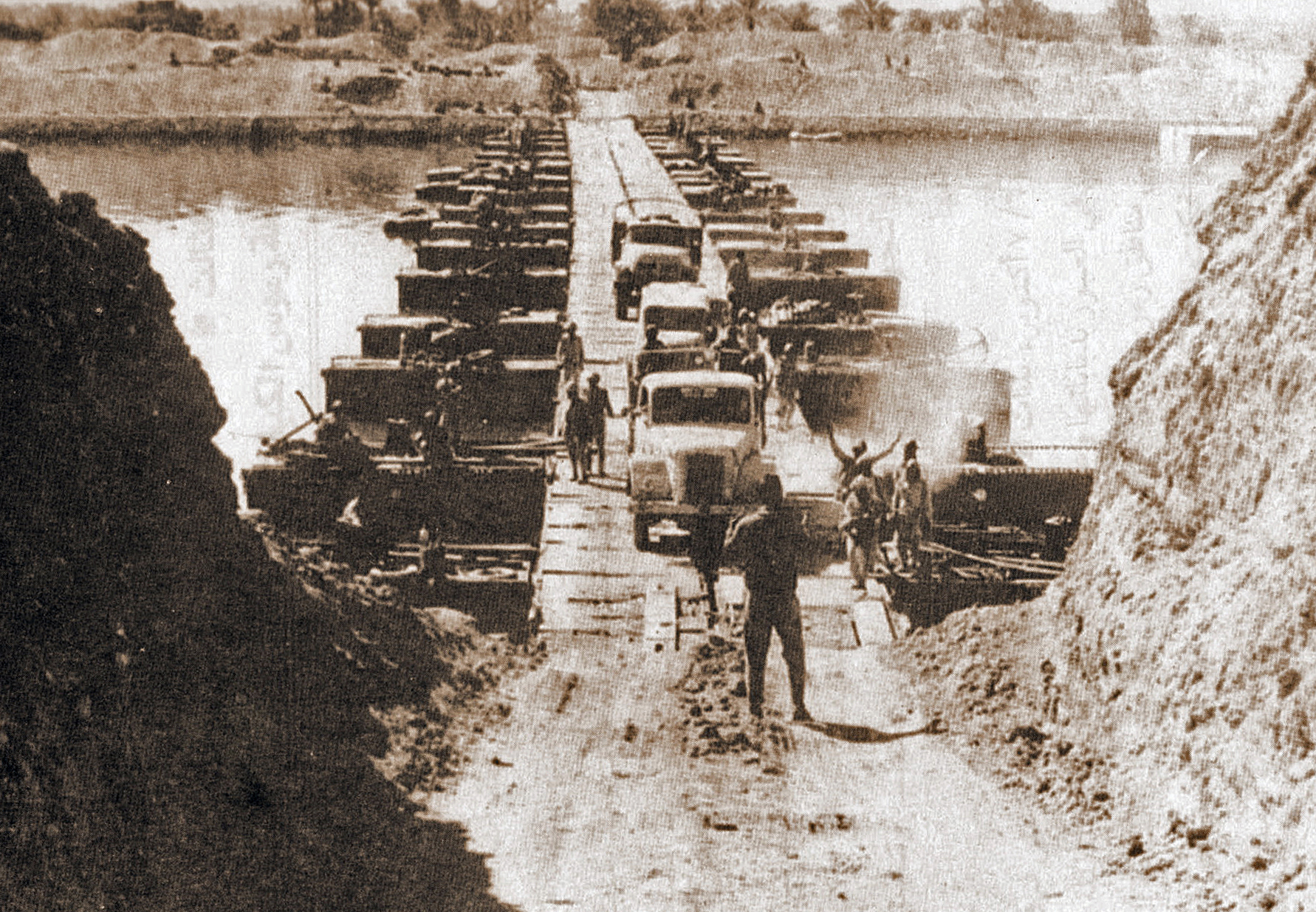Brief Overview:
In May 1948, Israel was recognised as an
independent state within the Middle East by the United Nations(UN). This
enraged Arabs from multiple Arab nations and fuelled the surprise attack on
Israel. Although Israel had been declared it's own state by the UN, this would
mean nothing if they were defeated immediately after gaining independence. The
Israelites fought bravely for a year, losing 6000 lives and in January 1949 the
Arabs withdrew their forces and all but Iraq signed peace treaties. The war was
over and the Israelites had won.
Causes: Proactive or Reactive?
In a way one can see the cause or causes of the war
to be proactive on the Israelites half. They wanted an independent state and
this was fuelled by a strong sense of Jewish nationalism(zionism). They got an
independent state from the UN and the Arabs didn't agree with this thus they
attacked. The Israelites were overt and aggressive for example the Etzel were
an underground jewish organisation fighting against the Arabs. They would plant
bombs in Arab market places thus fuelling the ongoing war and increasing Jewish
nationalism.
However the causes of the war were reactive in a
sense because the Arabs attacked the Israelites and they fought back to protect
their land they had recently gained independence of.
Impact of the War on Jewish Nationalism:
One way Jewish nationalism was heightened was as a
reaction to persecution and anti-semitism after the war had been won. This was
known as Jewish exodus from Arab and Muslim countries. Hundreds of thousands of
Jewish people were kicked out of countries, only finding salvation in Israel.
This gave many jews a common background and a sense of only being able to rely
on people of the same religion thus strengthening zionism.
In addition, Israelis managed to keep their state
in tact and won even more territory. At the end of the war Israelis had control
of 60% of Palestine.
Sources to provide further understanding:
This is a primary source showing
the declaration of independence for the state of Israel.
In this visual source, the
victory of the Israelis is emphasised. One can see that the victory united
Jewish people and made Zionism stronger.
This is a bias visual source as it only shows the jews in compromising
positions such as attacking Arabs. There is no sign of Arabs attacking Jews.

_Six_Day_War.jpg)




